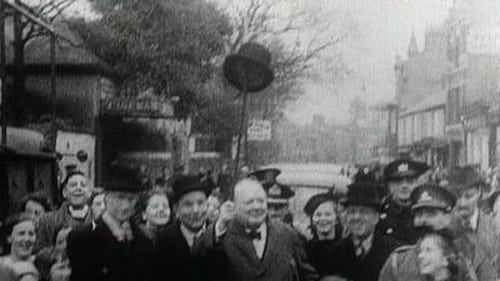
Documentary

The Best Episodes of Churchill Season 1
Every episode of Churchill Season 1 ranked from best to worst. Discover the Best Episodes of Churchill Season 1!

The Best Episodes of Churchill Season 1
Documentary
Every episode of Churchill Season 1 ranked from best to worst. Discover the Best Episodes of Churchill Season 1!
Winston Churchill is renowned as the legendary war leader, inspiring Britain in its finest hour. This series looks at the man behind the legend, bringing...
Seasons1
Season 1 Ratings Summary
"Destiny" is the best rated episode of "Churchill" season 1. It scored 8.7/10 based on 23 votes. Directed by Unknown and written by Unknown, it aired on 10/8/2003. This episode is rated 0.4 points higher than the second-best, "The Lion's Roar".

